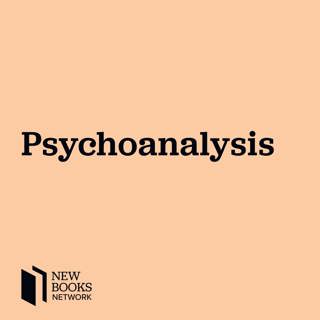
Sharon K. Farber, “Hunger for Ecstasy: Trauma, the Brain, and the Influence of the Sixties” (Aronson, 2013)
Om avsnittet
It may seem silly to ask why we seek ecstasy. We seek it, of course, because it’s ECSTASY. We are evolved to want it. It’s our brain’s way of saying “Do this again and as often as possible.” But there’s more to it than that. For one thing, there are many ways to get to ecstasy, and some of them are very harmful: cutting, starving, and, of course, drug-taking. These things may render an ecstatic state, but they will also kill you. Moreover, many of the ecstasy-inducing activities and substances are powerfully addictive. It’s fine, for example, for most people to use alcohol to feel more relaxed or even to achieve an ecstatic state. But something on the order of 10% to 15% of people cannot safely use alcohol at all without become seriously addicted. And once they do, they usually descend into a profoundly un-ecstatic nightmare that often ends in death. According to Sharon K. Farber‘s Hungry for Ecstasy: Trauma, the Brain, and the Influence of the Sixties (Aronson, 2013), our desire for ecstasy is first and foremost a psychic defense that protects us against on-going or anticipated trauma. When reality (as we perceive it, which, of course, is not always or even often accurately) becomes “too much” for us, we seek refuge in altered states of consciousness. The most attractive of these, of course, is ecstasy. It makes everything frightening just “go away.” Sometimes, the ecstatic state appears spontaneously. More often, however, especially in our culture, it is consciously induced by self-harming and drug-taking. For most of us, this sort of self-medication “works.” For a large minority, however, it ends in addiction and death. Listen in. Learn more about your ad choices. Visit megaphone.fm/adchoices Support our show by becoming a premium member! }https://newbooksnetwork.supportingcast.fm/psychoanalysis
Senaste avsnitten

Adam Phillips, "On Giving Up" (FSG, 2024)

John Thomas Maier, "The Disabled Will: A Theory of Addiction" (Routledge, 2024)

A Psychoanalytic Overview of Racism in America

Adrian Johnston, "Infinite Greed: The Inhuman Selfishness of Capital" (Columbia UP, 2024)

Madman in the White House?

Jean Petrucelli et al., "Patriarchy and Its Discontents: Psychoanalytic Perspectives" (Routledge, 2022)

Linda Hopkins and Steven Kuchuck, eds., "Diary of a Fallen Psychoanalyst: The Work Books of Masud Khan 1967-1972" (Karnac, 2022)

Peter A. Levine, "An Autobiography of Trauma: A Healing Journey" (Park Street Press, 2024)

Betty Milan, "Analyzed by Lacan: A Personal Account" (Bloomsbury, 2023)

